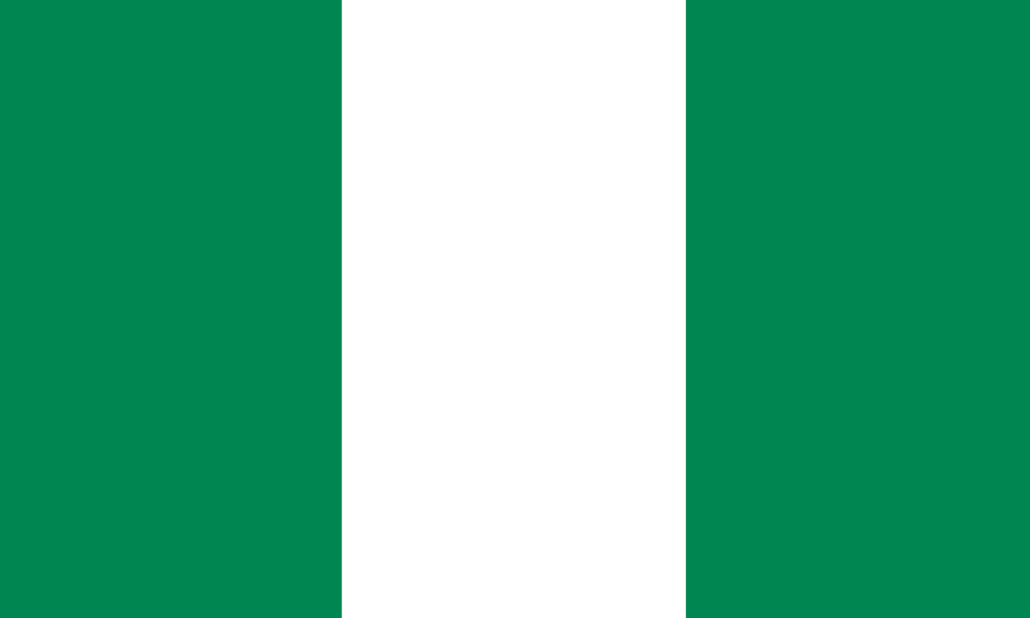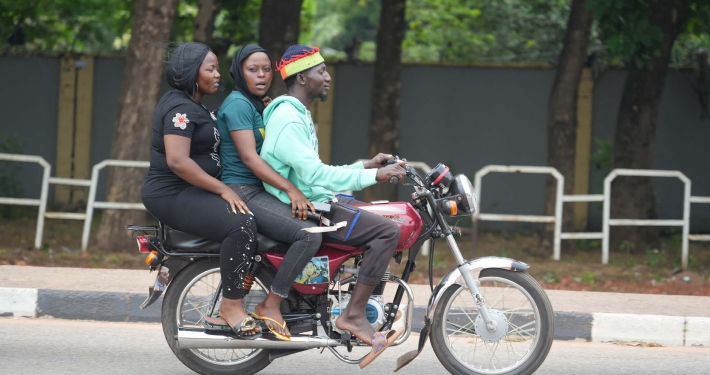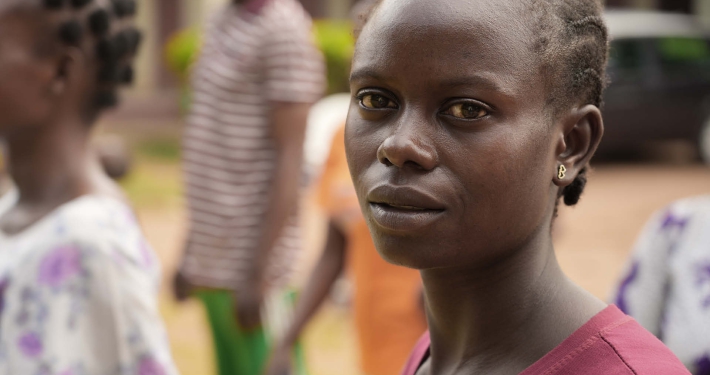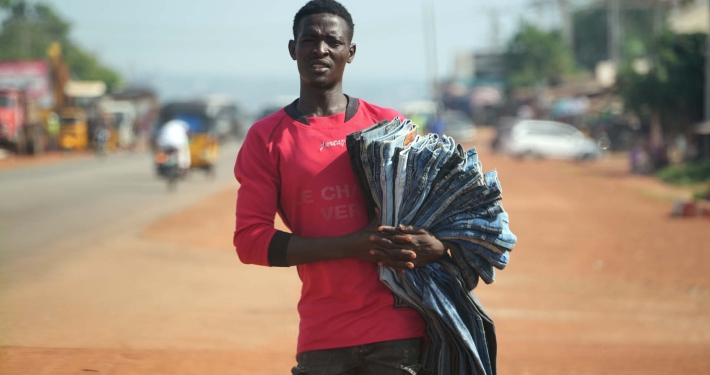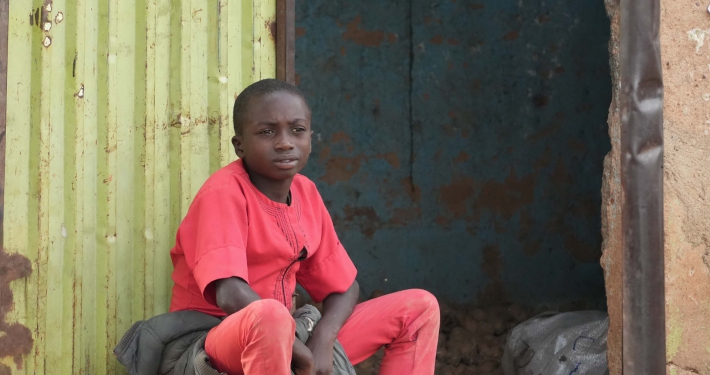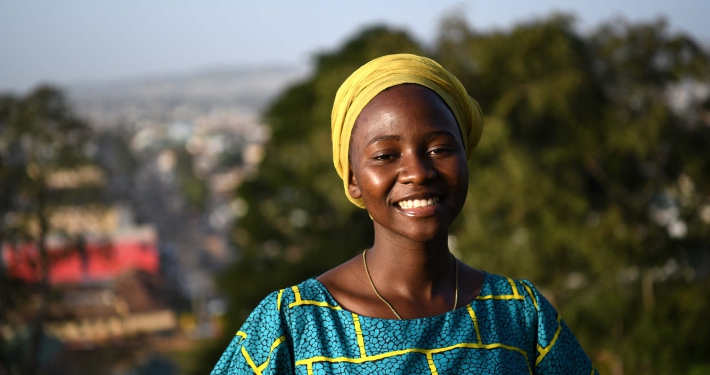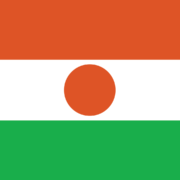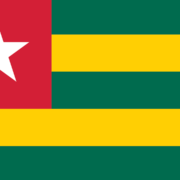Southern Nigeria is predominantly Christian, while Northern Nigeria is predominantly Muslim. The religious divide partly coincides with the ethnic divide. The Hausa-Fulani in the north are predominantly Muslim, the Igbo in the south east are mainly Christian, while the Yoruba in the south west have both a significant Muslim and Christian population. Though according to its Constitution Nigeria is a secular state, for decades the northern ruling elite has discriminated against Christians in favour of Muslims. Since 1999, Sharia law has been established in 12 northern states.
There are many Christians in the north and many Muslims are living in the south. The combined total of Christians and Muslims in Nigeria is 93% of the population. The 6.7% Ethno-religionists are spread throughout the country. The Christian population in the six geopolitical zones (see: Map of Nigerian Geo-Political Zones)
- NORTH-WEST: These 7 states (Jigawa, Kaduna, Kano, Katsina, Kebbi, Sokoto, Zamfara) have 7,022,590 Christians (12%) out of a population of 56,197,000.
- NORTH-CENTRAL: These 6 states (Benue, Kogi, Kwara, Nasarawa, Niger, Plateau) and FCT (Abuja) have 17,001,400 Christians (51%) out of a population of 33,588,000.
- NORTH-EAST: These 6 states (Adamawa, Bauchi, Borno, Gombe, Taraba, Yobe) have 6,491,600 Christians (22%) out of a population of 30,156,000.
- SOUTH-WEST: These 6 states (Ekiti, Lagos, Ogun, Ondo, Osun, Oyo) have 28,898,950 Christians (66%) out of a population of 43,928,000.
- SOUTH-SOUTH: These 6 states (Akwa Ibom, Bayelsa, Cross River, Delta, Edo, Rivers) have 23,695,580 Christians (72%) out of a population of 33,103,000.
- SOUTH-EAST: These 5 states (Abia, Anambra, Ebonyi, Enugu, Imo) have 19,484,840 Christians (77%) out of a population of 25,210,000.
According to the US State Department (IRFR 2022 Nigeria):
“There are Jewish communities in Abuja and Lagos led by the Chabad Lubavitch movement and comprised mostly of foreign residents. A larger community of Nigerian Jews – dividing themselves among Messianic, Sabbatarian, Community of Hashem, and Orthodox congregations – is present primarily in the South East and South South regions of the country.”
“On December 4 [2022], the Chabad Lubavitch movement officially opened its Ohel Penina facility in Abuja, which it called the ‘first synagogue in Nigeria’. Local Jews noted the presence of other synagogues in the country, however.”
“In its most recent detailed surveys in 2010 and 2012, Pew found 38 percent of Muslims self-identify as Sunni, most of whom belong to the Maliki school of jurisprudence, although a sizable minority follows the Shafi’i school of fiqh. This corresponds to the 37 percent of Muslims who identify either with Sufism, of which the largest brotherhoods are the Tijaniyyah (19 percent) and Qadriyyah (9 percent), or Salafism, known in the country as Izala. The same studies found 12 percent of Muslims self-identify as Shia, with the remainder declining to answer or identifying as ‘something else’ (5 percent) or ‘just a Muslim’ (42 percent). There are also small numbers of Mouride Sufis, as well as Ahmadiyya and Kala Kato (Quraniyoon) Muslims.”
“Ahmadi Muslims maintain a small presence in several cities, including Lagos and Abuja.”
“The Shia Muslim presence is heavily concentrated in the North West region.”

